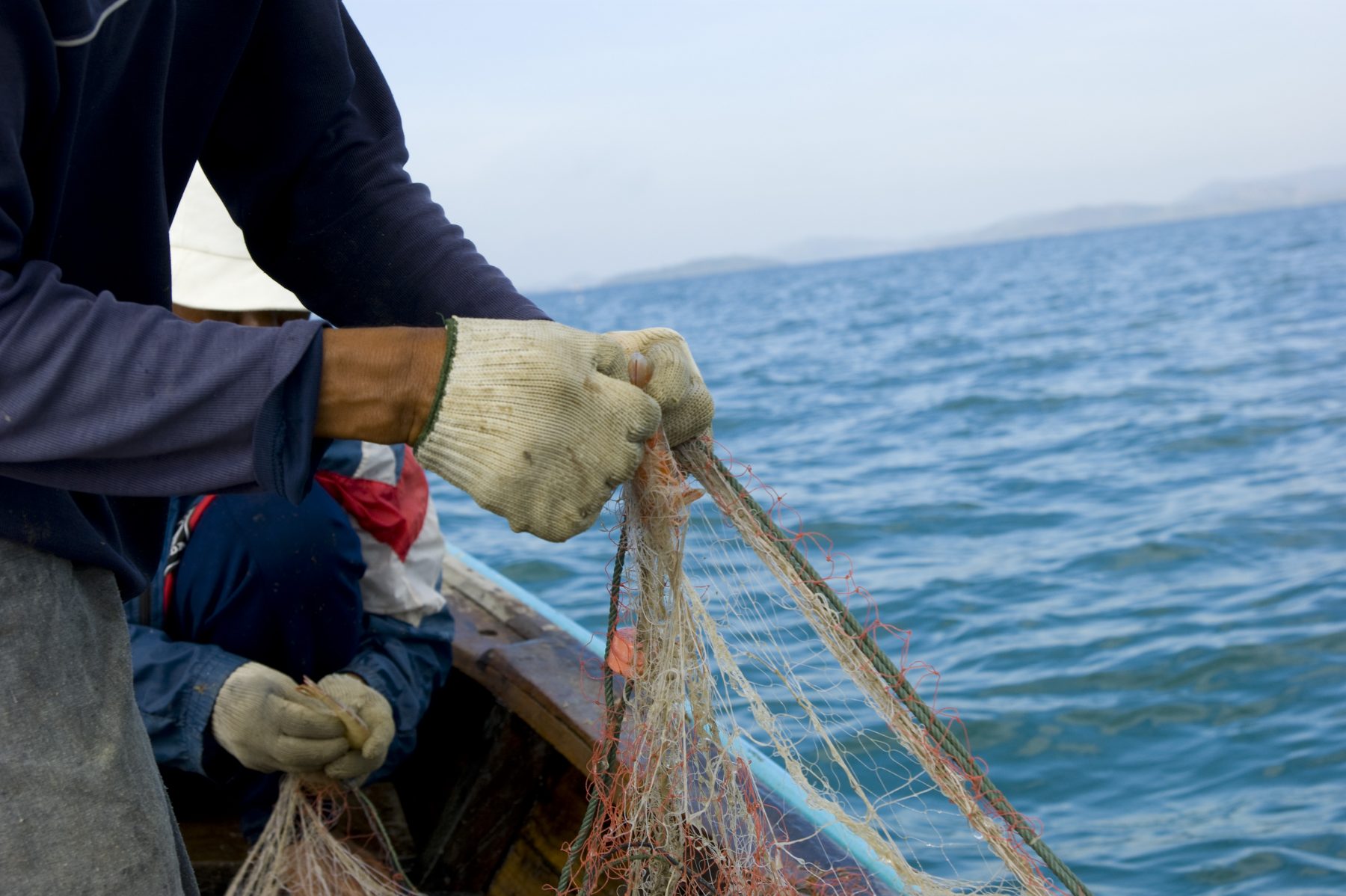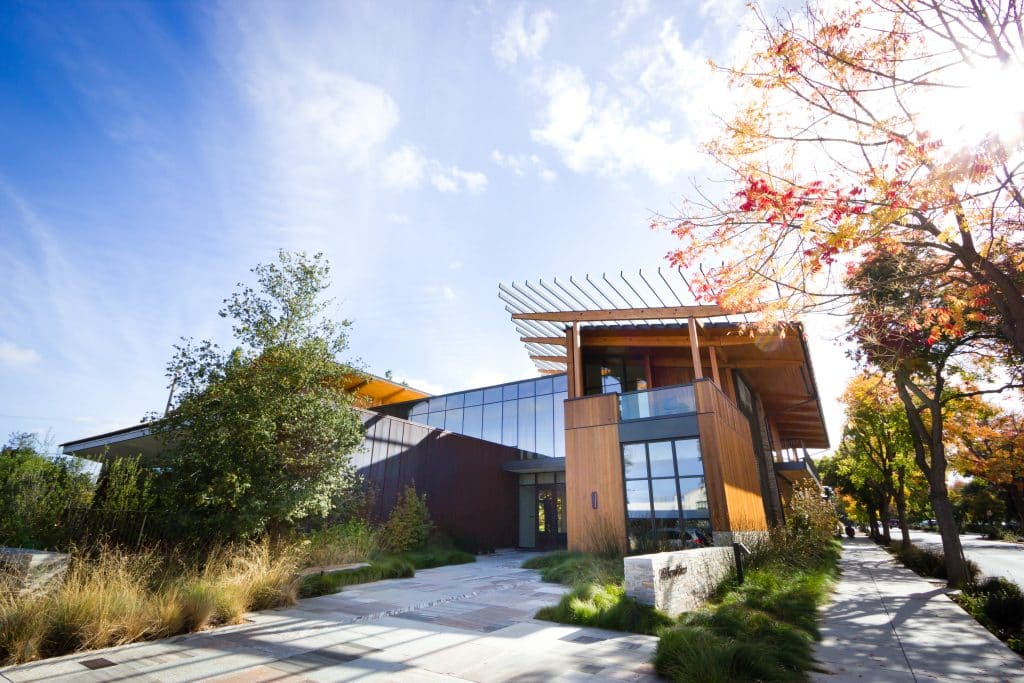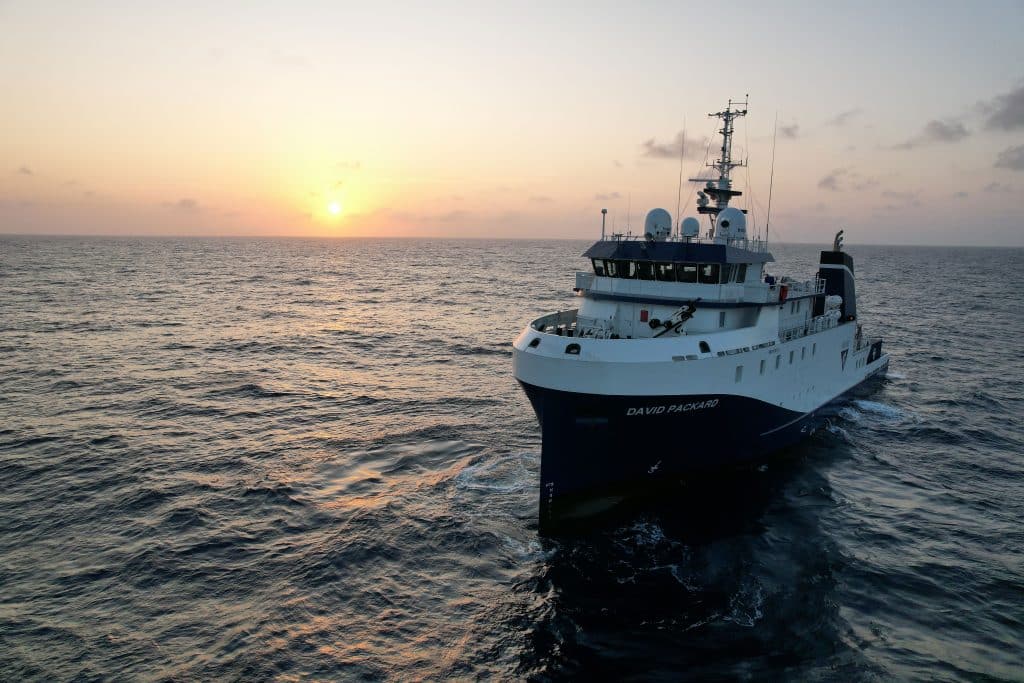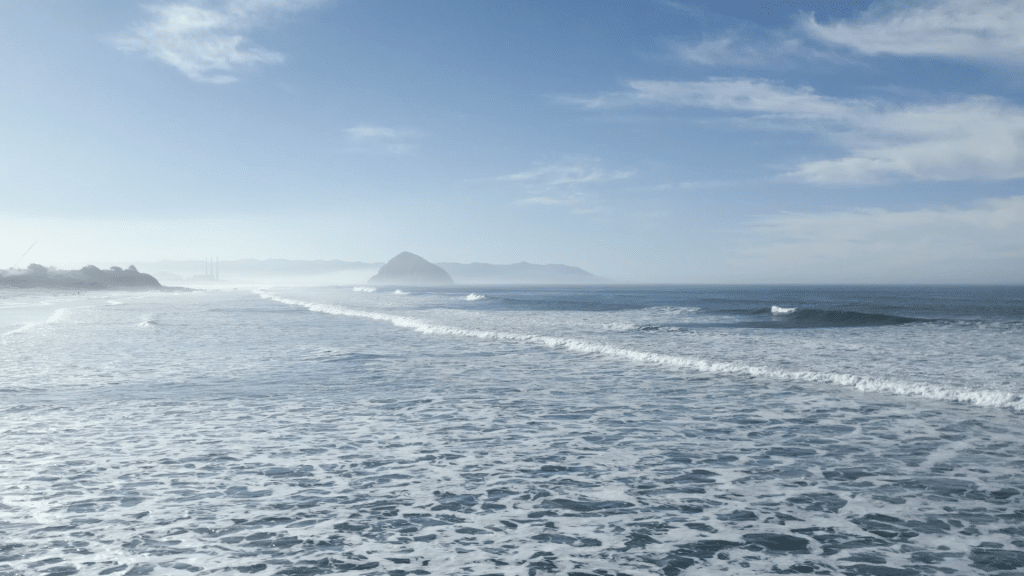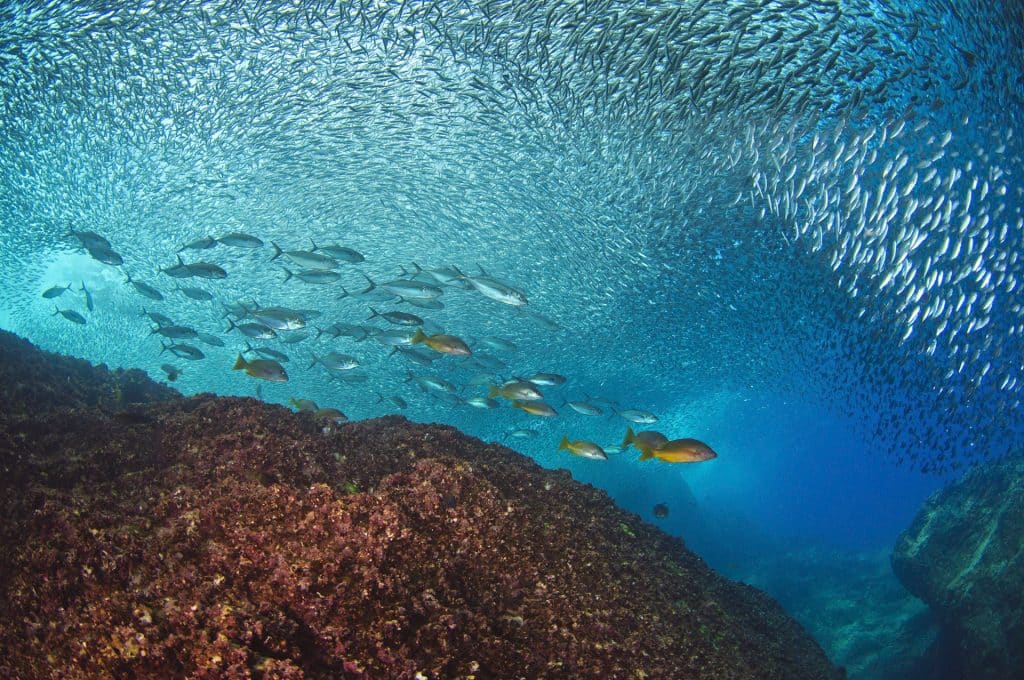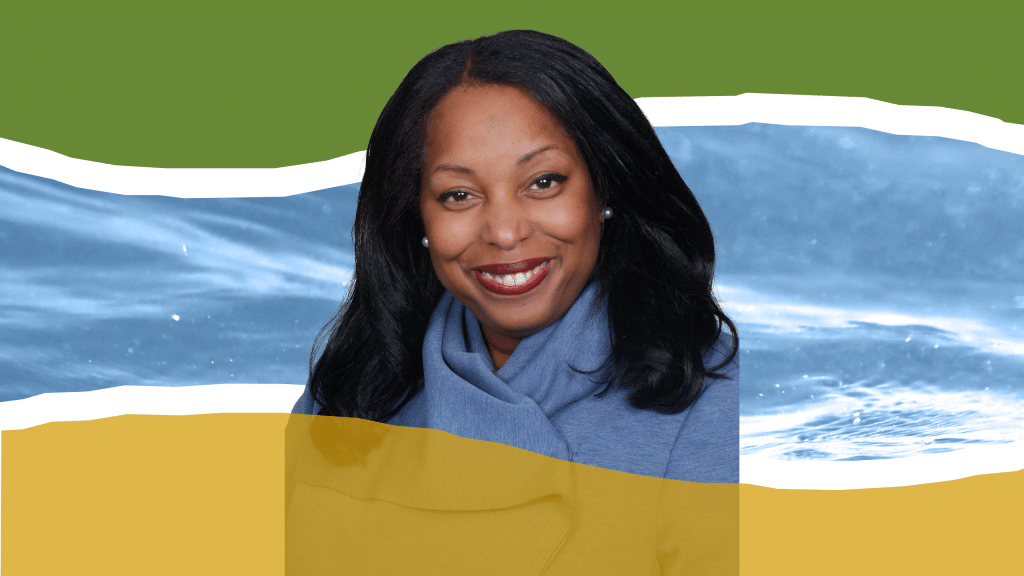Last month, FisheryProgress launched its Human Rights and Social Responsibility Policy. The policy is a meaningful starting point for helping fishery improvement projects take steps to improve their social performance, and for providing seafood buyers with essential information to understand human rights risks in their supply chains.
A fishery improvement project (FIP) brings together all the partners that have a stake in a fishery’s health, including producers, industry, government, and NGOs, to design and implement a plan to make environmental improvements. Launched five years ago, FisheryProgress is a website used by FIPs to report their progress and by seafood buyers to find FIPs that meet their sustainability commitments and use their buying power to reward progress. Currently more than 95% of global FIPs report on FisheryProgress.
For more than two decades, the Packard and Walton Foundations have invested in efforts to make selling environmentally sustainable seafood the norm for the global seafood industry. However, a growing body of evidence indicates that tackling only the environmental aspects of sustainability without also addressing the social aspects can have negative unintended consequences, including allowing human rights abuses to persist and creating an unfair burden on fishers who often bear the costs of improving fishing practices.
In 2016, the Packard Foundation incorporated a focus on human and labor rights abuses and equity and livelihoods in fishing communities into its work on global seafood markets. And the Walton Foundation’s forthcoming Ocean Strategy also prioritizes addressing human rights and equity in seafood supply chains. Within both of our strategies, the 169 FIPs operating around the world are an important tool for increasing the supply of environmentally and socially responsible seafood.
Embedding social responsibility within the global sustainable seafood movement has accelerated in recent years with the development of the Monterey Framework, which defines the core principles of social responsibility for workers on fishing vessels and in the seafood supply chain. The sustainable seafood NGO community has expanded to include the expertise of leading global human rights organizations who bring decades of experience working in other sectors to elevate the needs and voices of workers in supply chain and policy advocacy initiatives.
While fishery improvement projects initially were designed to tackle environmental challenges in fisheries management, over the last few years the global community of FIP practitioners has started addressing social issues as well. For example, several NGOs collaborated to develop the Triple Impact FIP approach to integrate environmental, social, and economic improvements. And in 2020, the Conservation Alliance updated its Guidelines for Supporting Fishery Improvement Projects to encourage FIPs to address social responsibility. Nearly 20% of FIPs have begun taking some action related to social responsibility, but these actions vary widely.
As these early steps were being taken by the FIP community, a watershed moment occurred in 2019 when FisheryProgress received an allegation of a human rights abuse in a FIP reporting on the site. “The allegation made it clear that FIPs are not immune to the human rights abuses documented in fisheries. But there was no systematic approach for assessing and addressing these issues consistently across the majority of global FIPs. So, we embarked on an intensive two-year process to engage hundreds of stakeholders, including FIPs stakeholders and implementers, seafood buyers, conservation and human rights NGOs, and others to develop a policy for the FIPs reporting on FisheryProgress,” said Kristin Sherwood, Program Director at FishChoice, the organization that operates FisheryProgress.
The FisheryProgress Human Rights and Social Responsibility Policy is an example of the necessary steps the sustainable seafood movement is making to safeguard rights of seafood supply chain workers and engage retailers, food service companies, suppliers, and fishing companies in this necessary work.
The policy requires all FIPs reporting on the site to commit to uphold FisheryProgress’ Human Rights Code of Conduct, provide information on vessels or fishers, and ensure fisheries understand their rights and have a grievance mechanism for reporting abuses. FIPs operating in situations that are known to increase the risk of forced labor and human trafficking are required to go further by completing a risk assessment and developing a workplan to address any high-risk areas identified in the assessment.
While international best practices outlined in the UN Guiding Principles on Business and Human Rights require all companies to undertake human rights due diligence, the seafood industry has been slower to adopt these practices and the actions taken by seafood buyers to address human rights risks vary widely around the world. For example, retailers and suppliers in the United Kingdom and parts of Europe have taken clear steps to prioritize human rights due diligence for seafood, in part bolstered by national mandatory human rights due diligence laws which have made these practices compulsory.
Despite tireless efforts by labor rights NGOs, in the U.S. seafood industry, transparency and human rights due diligence is not yet the norm. However, stronger legal requirements in the U.S. may be on the horizon, with the U.S. House of Representatives introducing the Illegal Fishing and Forced Labor Prevention Act. If passed, this legislation will, among other things, mandate the reporting of data relating to labor conditions in seafood supply chains for all seafood imported to the U.S.
The Packard and Walton Foundations would like to see all FIPs – and the sustainable seafood movement more broadly – take proactive steps to integrate social responsibility alongside environmental responsibility. This means seafood-buying businesses and their NGO advisors encourage FIPs to work toward meeting or exceeding the policy requirements and continue to report transparently on their progress using the FisheryProgress platform. Specifically for seafood-buying companies, this means staying engaged when FIPs uncover areas of high risk and providing financial support, so that the cost of improving social and environmental responsibility is shared throughout the supply chain.
We are excited by early steps the FIP community is taking to address human well-being alongside fisheries and ocean health. To date, 24 FIPs have already begun to implement the new FisheryProgress policy. We look forward to learning from the experiences of these early adopters as we continue to support our partners in the FIP community in their efforts to protect the rights and safety of fishers alongside achieving conservation gains.
Teresa Ish, a Senior Program Officer in the Environment Program from the Walton Family Foundation, co-authored this piece.

